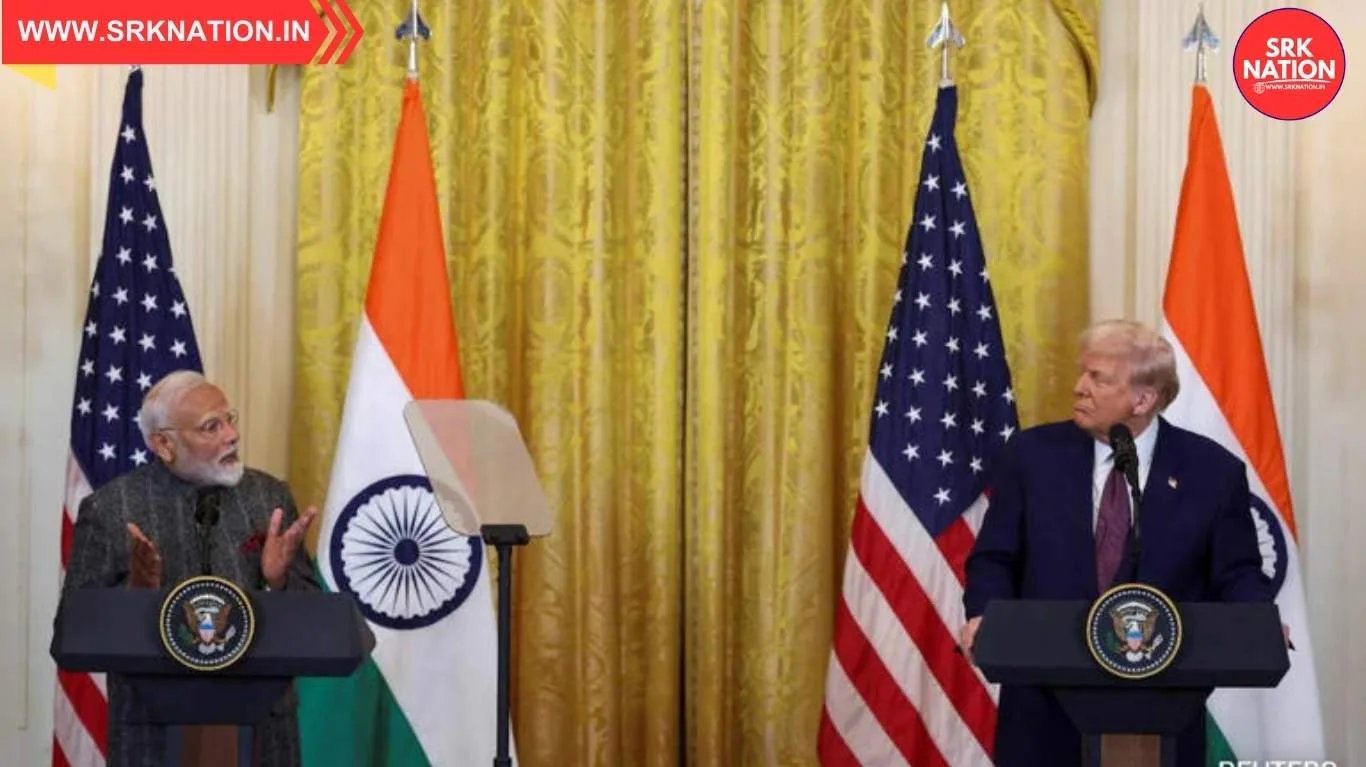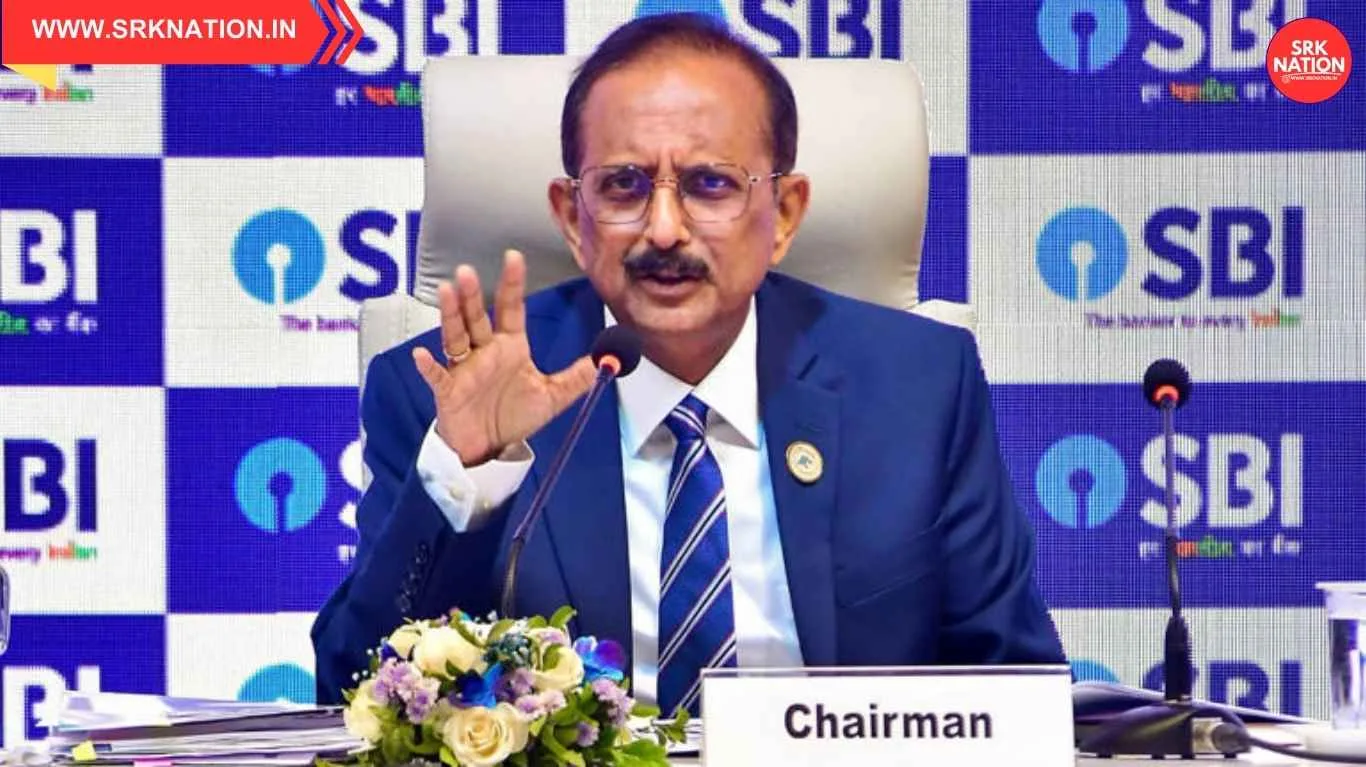India’s quick commerce giant Zepto is reportedly in advanced talks to raise up to $500 million at a valuation of around $7 billion, underlining the sector’s dramatic resurgence and investor optimism. According to market insiders, the Mumbai-based unicorn has initiated discussions with leading global investors to fuel its aggressive expansion and tech integration plans.
Key highlights of Zepto’s upcoming fundraise
- Target amount: $400-500 million
- Likely valuation: ~$7 billion (a near 75% jump from its last reported ~$4 billion)
- Purpose of fundraise: Expansion of dark stores, delivery fleet optimisation, AI-driven supply chain enhancements, and talent hiring
- Potential investors: Existing backers like Glade Brook, Nexus Venture Partners, and new global funds exploring India’s e-grocery and quick commerce growth
Zepto’s journey so far
Founded in 2021 by Stanford dropouts Aadit Palicha and Kaivalya Vohra, Zepto pioneered the 10-minute grocery delivery model in India’s metros, competing with Blinkit (Zomato-owned), Swiggy Instamart, and BigBasket’s BB Now.
| Milestone | Details |
|---|---|
| 2021 | Launched operations in Mumbai and Bengaluru with ~100 dark stores |
| 2022 | Raised $200 million at a $900 million valuation, achieving unicorn status |
| 2023 | Expanded to over 10 cities; valuation surged to ~$4 billion after $600 million funding |
| 2024 | Revenue crossed ₹3,000 crore mark with operational profitability in Mumbai and NCR clusters |
| 2025 (target) | Valuation to rise to $7 billion post upcoming fundraise; aiming for IPO within 18-24 months |
The quick commerce market in India: Rapid evolution
India’s quick commerce sector is projected to grow at a CAGR of 30-35%, reaching a market size of $5 billion by 2025. Urban consumers’ preference for convenience, time savings, and unplanned purchases has fueled this growth.
Market share trends
| Player | Approx. market share (2024) | Key cities of dominance |
|---|---|---|
| Blinkit (Zomato) | 38% | Delhi NCR, Mumbai, Pune |
| Zepto | 33% | Mumbai, Bengaluru, Hyderabad |
| Swiggy Instamart | 25% | Bengaluru, Hyderabad, Chennai |
| Others (BB Now, Dunzo, Amazon Fresh) | 4% | Niche segments, select cities |
Why Zepto is attracting massive investor interest
1. Strong unit economics:
Zepto has reportedly achieved operational profitability in major metros, reducing delivery costs to as low as ₹22 per order in high-density clusters through efficient dark store placement and fleet optimisation.
2. Tech-driven supply chain:
The company has heavily invested in AI for inventory planning, automated replenishment, and predictive demand analytics, giving it a competitive edge in reducing wastage and stock-outs.
3. Customer retention metrics:
Industry reports suggest Zepto’s monthly customer retention stands at over 60%, among the highest in India’s online grocery segment.
4. Ambitious IPO plans:
The startup aims to list on Indian bourses by late 2026 or early 2027, with plans to enter Tier 2 markets to further bolster revenue streams.
How Zepto plans to use the upcoming $500 million
- Expand dark store network from ~350 to 700 by end-2025
- Launch services in Tier 2 cities such as Jaipur, Lucknow, Chandigarh, and Indore
- Enhance AI and tech stack to reduce delivery times below 8 minutes in core areas
- Invest in employee stock ownership plans (ESOPs) to retain top talent amid fierce quick commerce hiring battles
- Strengthen private label portfolio in packaged foods, beverages, and daily essentials for higher margins
Investor caution: Is the valuation justified?
While Zepto’s growth trajectory is impressive, analysts highlight:
- Sustainability risks if consumer sentiment shifts towards planned grocery purchases rather than impulse buying.
- Capital burn concerns, as quick commerce remains a high-cash-burn sector needing deep pockets to sustain discounts and rapid delivery infrastructure.
- Regulatory scrutiny around urban traffic congestion, delivery partner working conditions, and local retail impact.
However, global investors continue to bet on India’s underpenetrated organised grocery market, digital adoption, and urban millennial behaviour patterns that favour speed and convenience.
Quick commerce sector: Recent developments
| Company | Recent move | Implication |
|---|---|---|
| Blinkit | Integrated further into Zomato app with co-branded campaigns | Cross-selling with food delivery driving user stickiness |
| Swiggy Instamart | Slowed dark store expansion to focus on profitability | May lose market share in the short-term |
| BigBasket BB Now | Added ~150 micro-fulfilment centres in NCR and Bengaluru | Competing aggressively in planned + quick commerce hybrid |
| Zepto | Upcoming $500 million fundraise at $7 billion valuation | Accelerated expansion and IPO roadmap |
What industry experts say
Vivek Srivastava, retail analyst at Technopak Advisors, stated:
“Zepto’s valuation jump reflects investor confidence in its operational model. However, quick commerce will soon face consolidation as only 2-3 dominant players can achieve the scale needed to justify these valuations.”
Zepto’s founders on future strategy
Co-founder Aadit Palicha previously outlined in interviews:
- Focus on consistent speed: Zepto wants to become the “Amazon Prime of quick commerce” by offering ultra-reliable delivery slots.
- Private labels: Plans to derive 30% of revenues from private brands by 2026 to improve margins.
- Tech as moat: Continuous AI integration in supply chain and customer experience to build differentiation from competitors.
Conclusion
Zepto’s likely $500 million fundraise at a $7 billion valuation signals both its own aggressive growth intent and the quick commerce sector’s resilience despite global funding winter concerns. With expansion beyond metros, deeper private label penetration, and a clear IPO roadmap, Zepto is positioning itself to become one of India’s foremost consumer internet success stories in the coming years.
Disclaimer
This article is intended for informational and journalistic purposes only. It does not constitute investment advice. Readers are advised to consult financial professionals before making decisions based on market speculation or fundraising reports.











